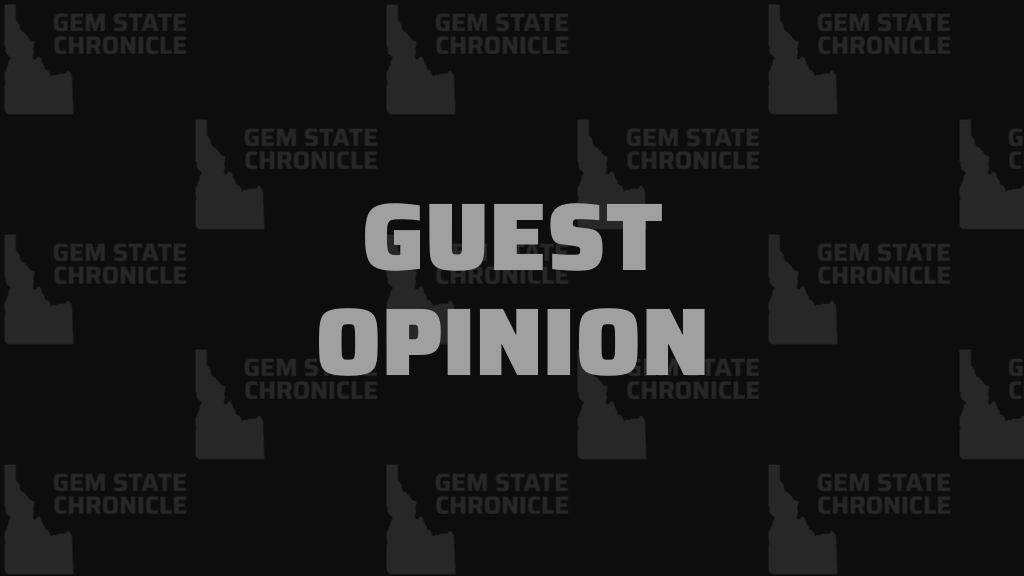In a landmark decision this year, the Supreme Court overruled Chevron deference, a decades-old legal doctrine that shaped how courts interacted with federal agencies. Established in 1984, Chevron deference required courts to defer to federal agencies’ interpretations of laws when statutory language was ambiguous, provided the interpretation was reasonable. This principle gave agencies broad discretion in implementing regulations ranging from environmental protections to healthcare policies
The Supreme Court’s recent overruling of Chevron deference in the Loper Bright Enterprises v. Raimondo decision represents a transformative shift in administrative law and will significantly impact ongoing and future court cases brought by states against federal regulations. Chevron deference, established in 1984, required courts to defer to federal agencies’ reasonable interpretations of ambiguous statutes. Its removal places the judiciary in a more central role in interpreting laws, which could lead to substantial changes in how state challenges to federal agency actions are adjudicated.
Litigation in Other Sectors
State-led challenges in areas such as healthcare, labor regulations, and economic oversight will likely increase. For instance, the FTC’s efforts to regulate non-compete agreements and other business practices face new hurdles as courts take a harder look at agency authority.
1. Gun Regulation Challenges
- Case: Arkansas and Texas lawsuits against ATF rules
- In 2023, the Bureau of Alcohol, Tobacco, Firearms, and Explosives (ATF) issued a rule requiring background checks for gun sales at gun shows and online. States like Texas, Louisiana, and Arkansas filed lawsuits arguing that the ATF exceeded its statutory authority.
- Impact of Chevron: Previously, courts might have deferred to the ATF’s interpretation of federal firearm laws. Without Chevron, courts must now determine independently whether the statutory text authorizes the rule, potentially favoring states challenging it.
2. Non-Compete Rules by the FTC
- Case: State-led opposition to FTC’s Non-Compete Rule
- The Federal Trade Commission recently issued a ban on non-compete agreements, which some states argue is beyond the agency’s authority under federal law. A federal judge in one case invalidated the rule, citing Loper Bright as evidence of agency overreach.
- Impact of Chevron: This could lead to states more successfully arguing that regulatory agencies are creating rules without sufficient congressional authorization.
3. Environmental Protections
- Case: EPA greenhouse gas regulations under the Clean Air Act
- States like West Virginia and Texas have historically challenged EPA rules aimed at regulating greenhouse gas emissions under statutes like the Clean Air Act. These laws, enacted decades ago, do not explicitly address climate change.
- Impact of Chevron: Courts may now strike down rules interpreting ambiguous statutory provisions to cover modern challenges like climate change, leaving regulatory gaps unless Congress acts.
4. Abortion Counseling Regulations
- Case: Tennessee’s challenge to Title X funding requirements
- After Tennessee banned most abortions, it rejected federal Title X requirements for states to provide unbiased abortion counseling. HHS ended the state’s funding, and Tennessee sued, citing that the agency exceeded its authority.
- Impact of Chevron: In 2021, courts upheld similar requirements using Chevron deference. Now, states like Tennessee can argue these mandates lack statutory backing.
5. Healthcare and Medicaid Policies
- Potential Cases: States frequently challenge CMS (Centers for Medicare & Medicaid Services) rules related to Medicaid expansions and reimbursements. For example, CMS interpretations of statutory provisions regarding eligibility could now face stricter judicial scrutiny.
These examples highlight how states can leverage the Supreme Court’s rejection of Chevron deference to challenge federal regulations across diverse areas such as public health, environmental policy, business practices, and firearm control. Without Chevron, courts will act as final arbiters of statutory meaning, which could limit federal agencies’ power.
Closer to home, the Supreme Court’s decision to limit Chevron deference could significantly impact projects like the Lava Ridge wind energy project in Idaho and Utah’s push to regain federal lands.
Lava Ridge Project in Idaho
The Lava Ridge Wind Project, proposed by Magic Valley Energy and managed by the Bureau of Land Management (BLM), has faced controversy due to its environmental and cultural impact. Critics argue that BLM’s approval process, guided by interpretations of statutes and regulations, has not adequately considered local opposition and environmental risks. With Chevron deference weakened, courts reviewing the project could scrutinize BLM’s statutory interpretations more strictly, potentially delaying or modifying the project further. The decision could empower state and local governments to challenge federal decisions they feel overreach legal mandates, especially on land use and environmental concerns
Utah’s Challenge on Federal Land Control
Utah’s ongoing efforts to regain control over large swaths of federal land could also see new implications. States like Utah have frequently argued that federal agencies overstep their authority in managing public lands, particularly regarding land designations and restrictions. Without Chevron deference, courts might take a closer look at whether agencies like the Department of the Interior are acting beyond their statutory authority when designating land for federal protections or reassigning usage rights. This could tilt some cases in favor of state claims over federal authority
Overall, the Supreme Court’s decision creates new opportunities for states to challenge federal agency decisions in court, potentially reshaping major land and environmental policies. This shift aligns with broader trends in judicial skepticism toward expansive federal regulatory authority.
One significant positive of removing Chevron deference is the increased accountability of federal agencies. Without the automatic judicial deference previously afforded under Chevron, courts now take a more active role in determining whether an agency’s actions align with congressional intent. This ensures that agencies stay within the bounds of the authority granted to them by Congress, reducing the risk of regulatory overreach.
Benefits of this Change:
1. Strengthened Role of the Judiciary
By requiring courts to independently interpret statutes, the decision enhances the judiciary’s oversight over agency actions. This helps prevent agencies from broadly interpreting vague laws to expand their regulatory powers without clear congressional authorization.
2. Empowerment of Legislative Intent
Chevron deference often allowed agencies to shape policy in ways that might not align with the original intent of lawmakers. With its removal, courts now focus more on the plain meaning of statutes, ensuring that laws are applied as intended by Congress rather than being reinterpreted by unelected bureaucrats.
3. Increased Clarity for Regulated Parties
Businesses, states, and individuals may benefit from greater predictability in the regulatory landscape. Without Chevron, courts are less likely to uphold shifting agency interpretations of the same law. This could create a more stable and consistent environment for those subject to federal regulations.
4. Encourages Congressional Action
The decision puts pressure on Congress to draft clearer laws and resolve ambiguities within statutes, reducing reliance on agencies to fill in the gaps. This can lead to more democratic decision-making, as elected representatives rather than administrative agencies will need to address policy questions.
In essence, the removal of Chevron deference ensures that courts and Congress take more active roles in shaping and enforcing policy, potentially leading to better checks and balances in the regulatory process. While this change could slow down agency action, proponents argue it strengthens the constitutional separation of powers and promotes transparency.
About Rebecca Smith
Rebecca Smith is a labor relations director in healthcare and a former consultant for companies like GE and UPS, with extensive experience interpreting Supreme Court decisions and policy changes. She was a Trump delegate and resides in Twin Falls with her husband.













